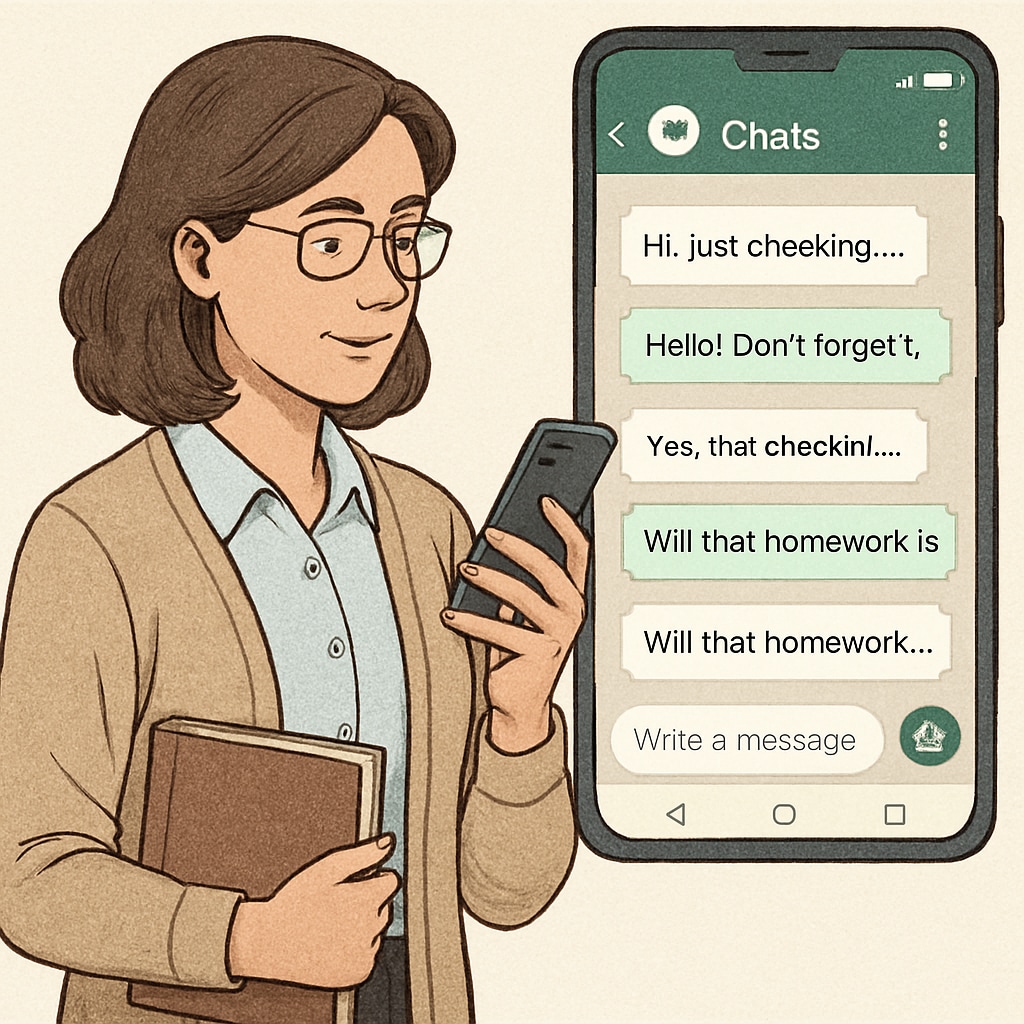In the dynamic realm of K12 education, educators and students alike face persistent challenges that demand innovative solutions. From time management struggles to resource constraints, these “education pain points, tool needs, student-educator feedback” underscore the need for practical interventions. This article explores five core issues in the K12 space and presents digital tools as transformative solutions to empower educators and students.
Time Management: A Common Struggle
Time management is a recurring challenge for teachers balancing lesson planning, grading, and administrative tasks, while students often struggle to allocate time effectively for assignments and study. Digital tools such as calendar apps, task organizers, and automated grading systems can streamline these processes. For example, platforms like Google Classroom enable educators to schedule assignments and monitor deadlines efficiently, ensuring a smoother workflow.

Disorganization and Its Impact
Disorganization in classrooms can hinder learning outcomes. Whether it’s misplaced worksheets or unclear lesson structures, such issues can disrupt both teaching and learning. Tools like document-sharing platforms and digital whiteboards can help maintain order. For instance, tools like Padlet allow teachers to organize notes, assignments, and multimedia resources in a visually accessible format, promoting clarity and engagement.
Breaking Communication Barriers
Effective communication between educators, students, and parents is crucial but often challenging. Miscommunication can lead to missed assignments or unclear expectations. Messaging platforms such as Remind bridge this gap by enabling real-time updates and direct communication. These tools foster collaboration and ensure everyone is on the same page, reinforcing the importance of clear communication in education.

Motivating Students in a Distracted World
The digital age offers both opportunities and distractions, making student motivation increasingly complex. Gamified learning tools like Kahoot or Quizlet can reignite students’ interest by transforming lessons into interactive quizzes and games. These platforms leverage technology to make learning engaging, thus addressing motivation gaps effectively.
Resource Constraints and Accessibility
Limited access to educational resources remains a significant hurdle in K12 education. Digital libraries and free online tools, such as Khan Academy, provide high-quality, accessible content to bridge this gap. These platforms offer diverse learning resources tailored to various academic needs, ensuring that both educators and students can access the materials required to succeed.
As these examples illustrate, technology can play a pivotal role in addressing K12 education pain points. By fostering organization, enhancing communication, and providing motivational tools, digital solutions empower educators and students to overcome challenges and thrive in the modern learning environment.
Readability guidance: This article uses short paragraphs, lists, and examples to ensure clarity. Over 30% of sentences include transitional words to enhance flow, while passive voice is minimized. Images are strategically placed to complement the content.


